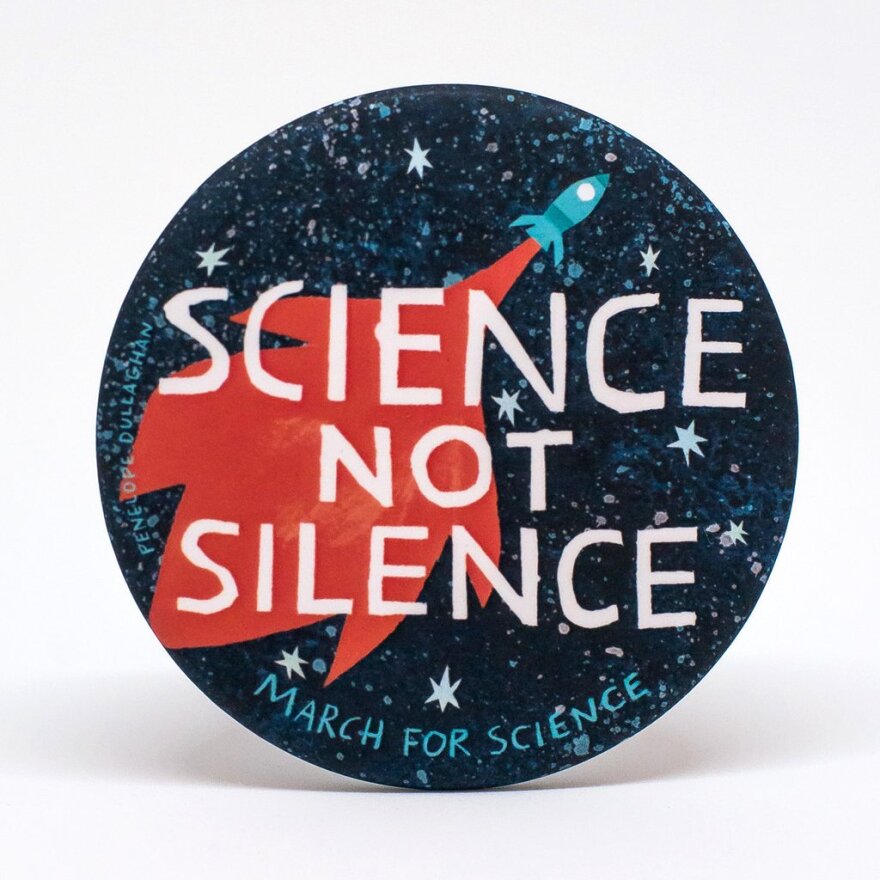A different kind of event will be held Saturday nationwide to mark Earth Day. It's called the March for Science, and there will be several marches in the Tampa Bay area.
Marches will be held in 21 Florida cities, including Lakeland, Clearwater, Hudson, Sarasota and St. Petersburg.
That march will start at the waterfront Poynter Park and wind through downtown St. Pete before ending up back at Poynter Park.
The point of the march is to keep politics out of science, and science in the forefront of policy decisions, said Brittany Combs, a graduate student in oceanography at USF's College of Marine Science.
"We're trying to make it a way to advocate for maintaining the progression of science - keeping it from being silenced and also keeping it accessible and exclusive," she said.
The biggest march is expected to be at the National Mall in Washington D. C., with marches set for 37 countries around the world. Here's a blurb from their web site:
The March for Science champions robustly funded and publicly communicated science as a pillar of human freedom and prosperity. We unite as a diverse, nonpartisan group to call for science that upholds the common good and for political leaders and policy makers to enact evidence based policies in the public interest. The March for Science is a celebration of science. It's not only about scientists and politicians; it is about the very real role that science plays in each of our lives and the need to respect and encourage research that gives us insight into the world.
Nevertheless, the march has generated a great deal of conversation around whether or not scientists should involve themselves in politics. In the face of an alarming trend toward discrediting scientific consensus and restricting scientific discovery, we might ask instead: can we afford not to speak out in its defense?




